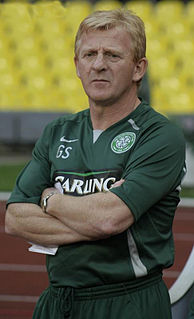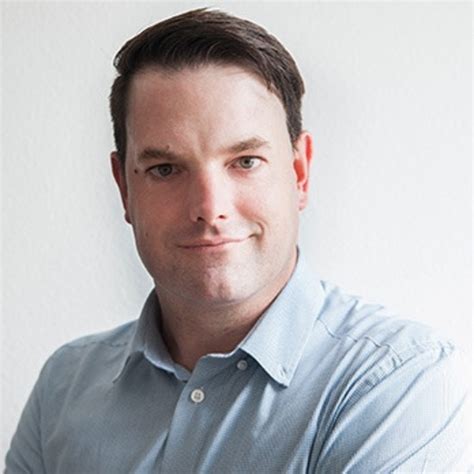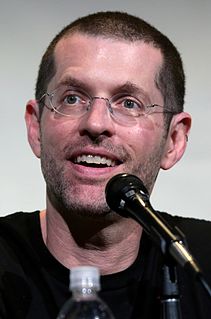A Quote by Jeffrey Pfeffer
Personal growth and professional development require mostly being treated like an adult, which is pretty much the opposite of what happens in most workplaces. People need to be able to make decisions. To do that effectively, they need information and training in how to use it.
Related Quotes
The millennium development goals are important, both morally and economically, because much of the world's population maybe is as much as a third of the world's population hasn't yet reached the level of economic development where we begin to get a dissociation from people's economic status and their reports about personal happiness. So we really do need to do much more and much more effectively in order to give everyone the kind of basis for which they can have good vibes.
The single biggest barrier to effective leadership is, in my view, the leadership industry itself. Instead of telling people the skills and behaviors they need to be effective in getting things done, we tell them almost the opposite - blandishments about how we wish people would be, and how we wish workplaces were. That information is worse than useless as, to the extent people believe it, they often wind up losing their jobs.
I completely reject the idea that working adults need to be treated like infants or worse and not told the realities, harsh or not, about the world of work. Keeping people in the dark and filling them with stories that are either mostly fabricated, unusually rare, or both, doesn't do anyone any good. It is one of the reasons that workplaces and careers remain in such dire straits.
The reality, ... is that I need to win games of football. That's where the pressure and the sleepless nights come from. There's a fantasy pressure with this job but none of that matters. I need to make this team into a good unit, need to take it forward, give it a change of pace, need to get it younger and to use the experience of the lads we've got here. I need Lennon and Sutton and people like that to go and show how you handle being a Celtic player.
I need to make an okay living. The people who work for us need to. But after you make a comfortable living, how much more do you need? It's like I make a joke about nerd values, because I'm very much in the rich nerd tradition. And you know, we say, like, hey, people pay us for this stuff, like programming. You know, what else do we need?
Few people...have had much training in listening. The training of most oververbalized professional intellectuals is in the opposite direction. Living in a competitive culture, most of us are most of the time chiefly concerned with getting our own views across, and we tend to find other people's speeches a tedious interruption of the flow of our own ideas.
We need games like 'A Closed World' for many reasons. When you hear another developer talk about how games need to grow up, they need to tackle adult themes, and how they need to embrace that ability to transport the player into a different world, this is that game that they want other developers to make.
































